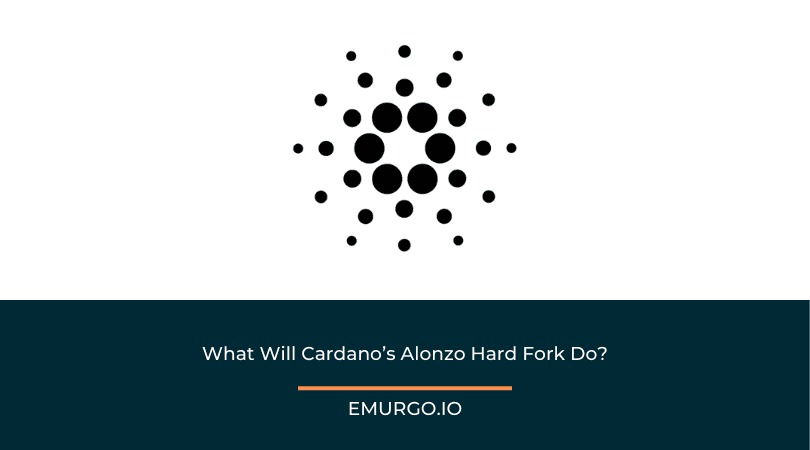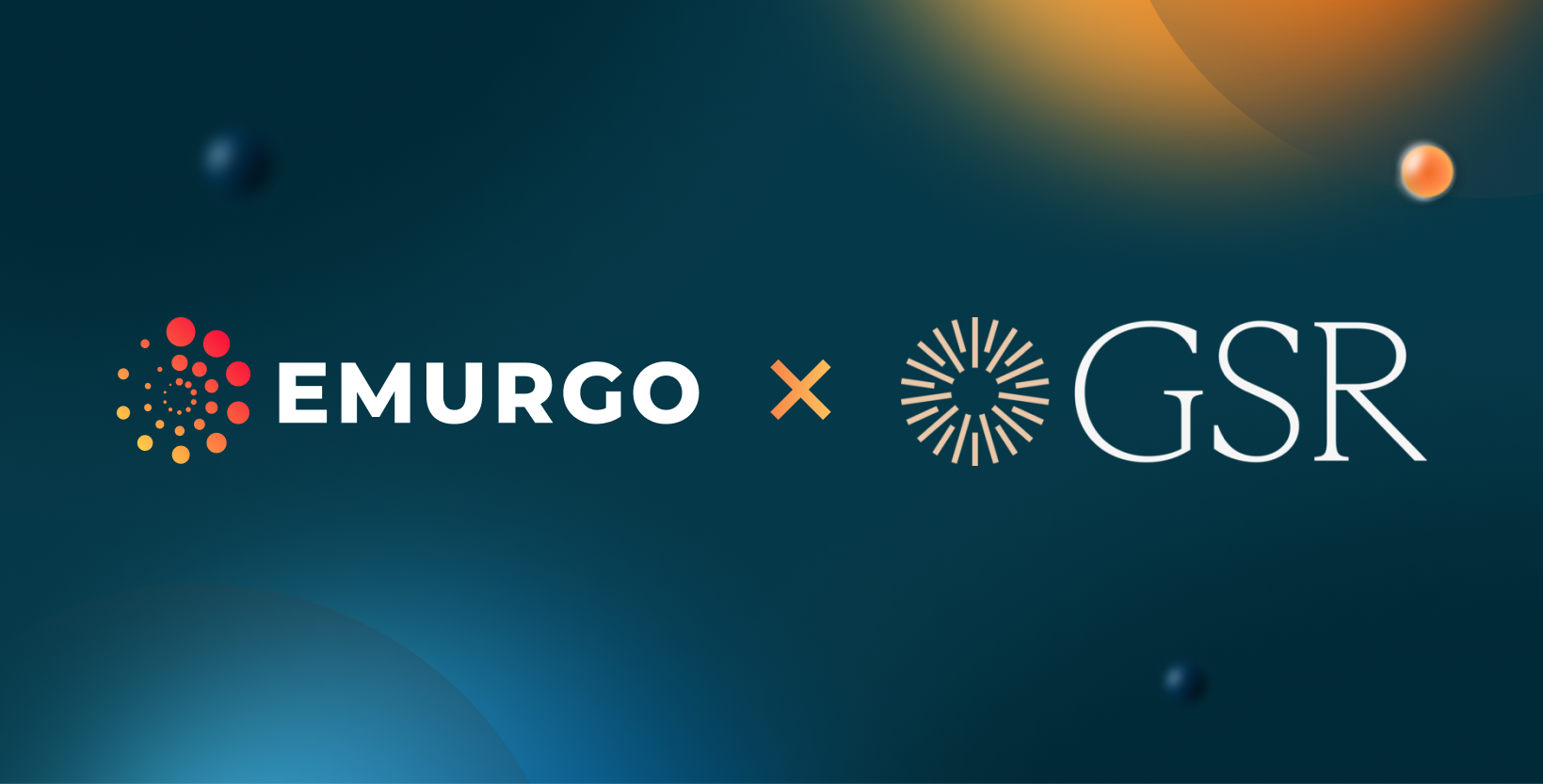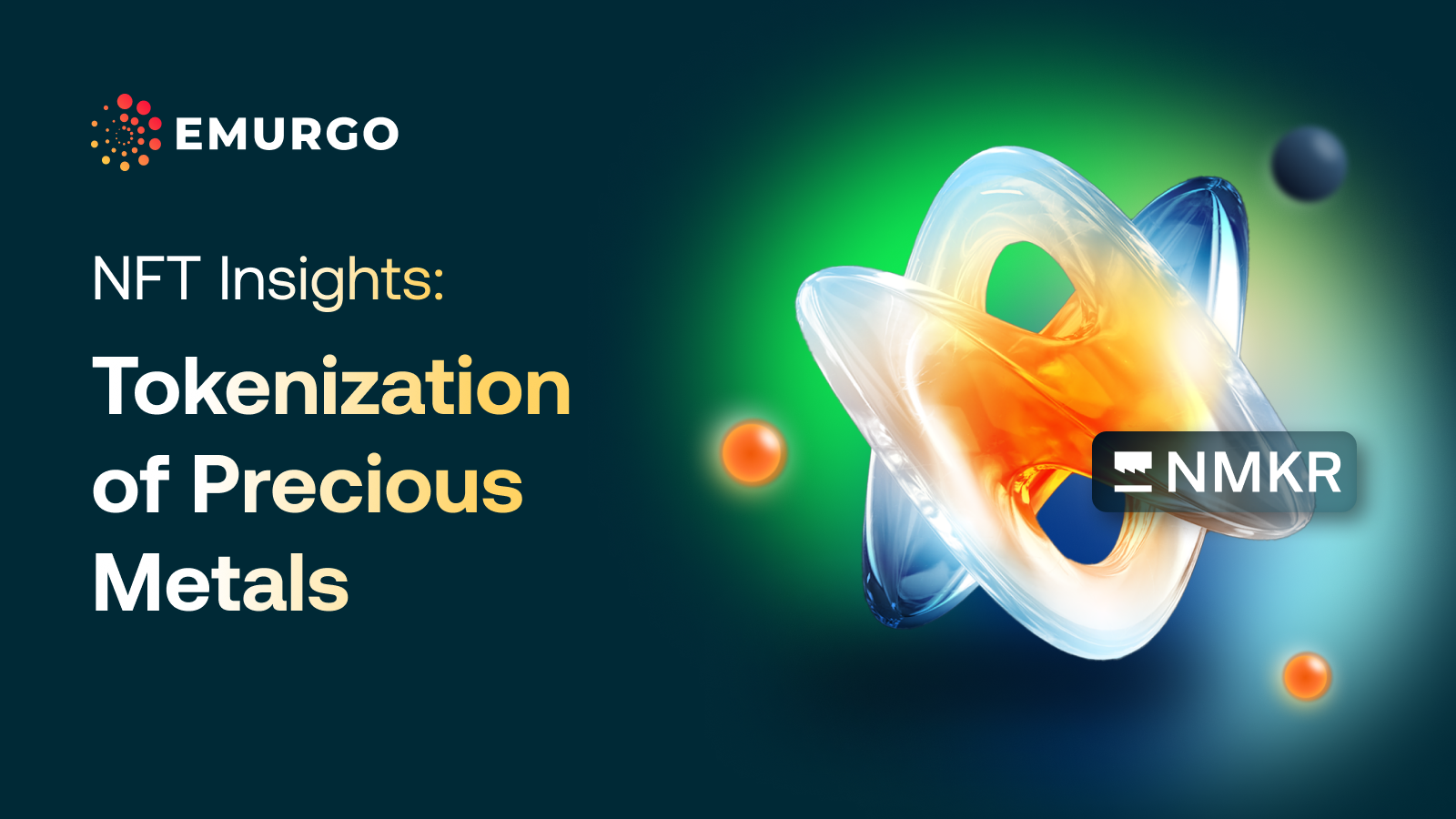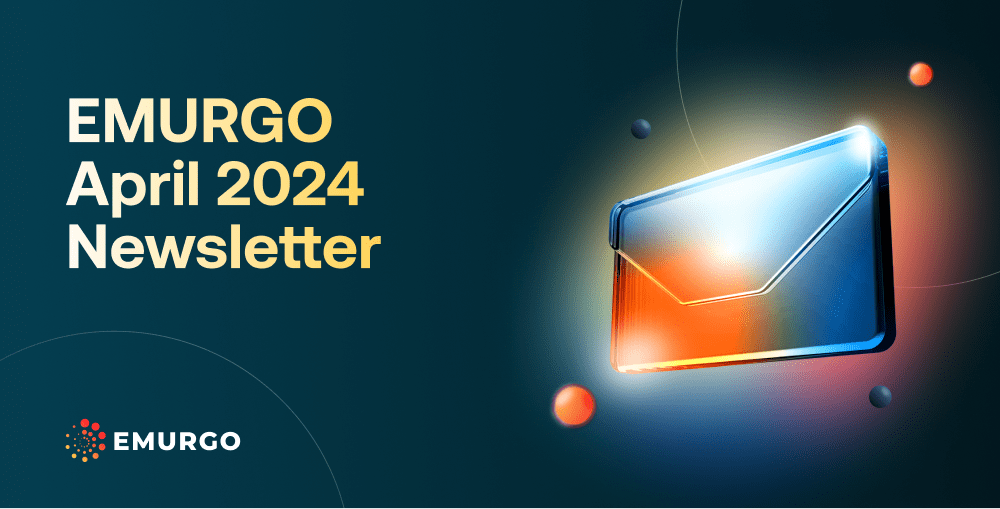
The road towards the Goguen era – the next period in Cardano’s overall blockchain development which shall bring forth highly anticipated smart contract functionality – is currently being built on top of a solid foundation.
From the implementation of the Shelley era and staking in 2020 to the token-locking capabilities with the Allegra hard fork in December 2020, the upcoming Goguen era has been methodically taking shape to bring about significant changes to Cardano that will make for a scalable, sustainable, and interoperable blockchain network.
Each era and hard fork in Cardano’s roadmap has been designed from the start to be in line with the goal of the full maturation of Cardano’s blockchain network.
At the start of March 2021, another new step was taken in Cardano’s development with the success of the Mary hard fork, which delivered multi-asset and native token support, and the ability for Cardano’s blockchain to eventually manage transactions for many other types of projects such as fungible and non-fungible tokens (NFTs).
Now, the upcoming Alonzo hard fork will offer a platform that can leverage the road laid out by all the previous work with the introduction of smart contracts to the Cardano ecosystem.
The Alonzo Hard Fork
The name originates from the US mathematician Alonzo Church (1903–95). Church worked in many of the foundational fields of computer science, and he’s also credited with discovering lambda calculus, sometimes called the smallest universal programming language.
The reason is that any computational function can be evaluated using this field of mathematics.
The choice of name is not coincidental as is Plutus Core. The smart contract programming language behind Cardano smart contracts is based itself on the Haskell language developed using the principles of lambda calculus.
The use of Plutus when developing smart contracts will give the logic of future decentralized applications a greater level of rigor and security.
The smart contracts in Cardano are designed from the ground up to be secure and mathematically verifiable. With this greater emphasis on security, the costly hacks and bugs that have created so much uncertainty in other projects can be dutifully avoided.
Plutus will be used to write and deploy superior decentralized applications (DApps). The designers of these new DApps will have the security in knowing that these applications will do what they are intended to do, with a straightforward interface with very little room for unintended errors.
Right now, the smart contract capabilities of Plutus are being tested by those in the Plutus Pioneers’ program (Click link for more information to sign up).
With the Alonzo hard fork coming up on the road towards the Goguen era, developers will be able to start trying out decentralized applications in a testnet and ready Cardano’s network for the mainnet launch of smart contracts.
What Benefits Will Cardano’s Smart Contracts Bring to Enterprises?
The introduction of smart contracts will finally allow developers and projects the ability to fully utilize Cardano’s blockchain by giving them the tools necessary to provide more comprehensive services to users such as DeFi Dapps, NFT services, crowdfunding, and more.
The greater security capabilities of Plutus as a smart contract programming language will also help companies and businesses with the creation of tailored solutions necessary to their own business verticals and consumers, complete with robust smart contracts on Cardano.
Many possible solutions and applications include blockchain-based remittances, more cost-efficient supply chain management, IoT monitoring, decentralized exchanges, and many more that have yet to be created by entrepreneurs.
The dawn of Goguen through the Alonzo hard fork is only the latest milestone on the road towards the full development of the Cardano network.
EMURGO, as a global emerging technologies company developing custom-built solutions for enterprises and a founding entity of Cardano, already is making inroads into this area with use cases for EMURGO Trace – a blockchain-based traceability solution.
One notable example is Alko – an Indonesian coffee processing company – that is using a EMURGO Trace to manage the exports of its coffee to its domestic and international clients.
Alko has expanded its coffee distribution business as it is the first enterprise in Southeast Asia to trace its coffee beans using a blockchain-based solution.
Supply chain management has emerged as one of the most important blockchain use cases at the enterprise level. Through EMURGO’s expertise in rapid blockchain solutions development, EMURGO’s traceability solutions can be deployed on both local, regional, or global scales to support commerce infrastructure that are tailored to meet the needs of enterprises.
EMURGO’s Tailored Enterprise Solutions
The cutting-edge capabilities Cardano’s smart contracts are bringing into the market will be a game-changer for supply chain management and many other industry verticals.
Developers can freely develop useful solutions for users, and private enterprises can benefit from customized solutions for their own businesses to maximize cost efficiency.
As a founding entity of Cardano that works closely with its founding ecosystem partners, EMURGO has the professional expertise to help enterprises design and then implement tailored solutions such as EMURGO Trace to leverage Cardano’s advantages while also providing aspiring developers with the guidance needed to help build their own projects.
To begin exploring the solutions blockchain can bring to your business or project, please contact info@emurgo.io for more information.
About EMURGO
- Official Homepage: emurgo.io
- Twitter (Global): @EMURGO_io
- YouTube: EMURGO channel
- Telegram: EMURGO Announcements
- Facebook: @EMURGO.io
- Instagram: @EMURGO_io
- Medium: EMURGO Announcement
- LinkedIn: @EMURGO_io



